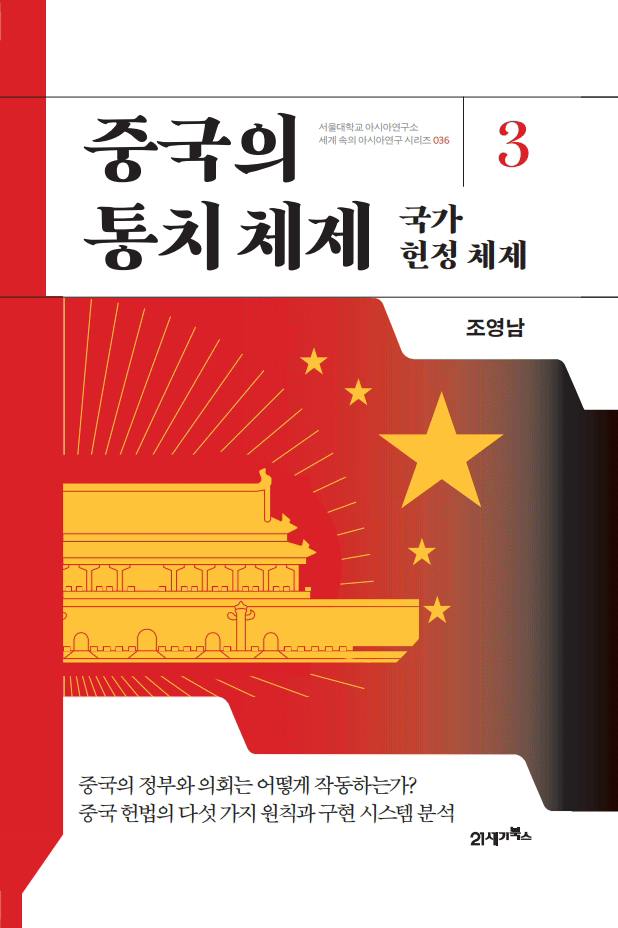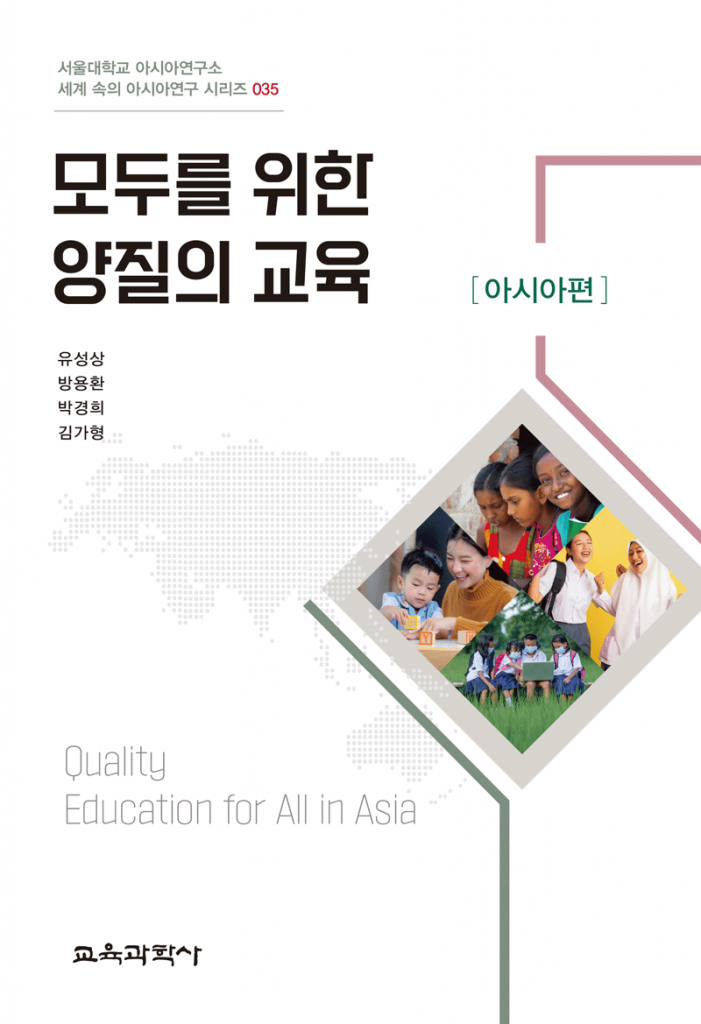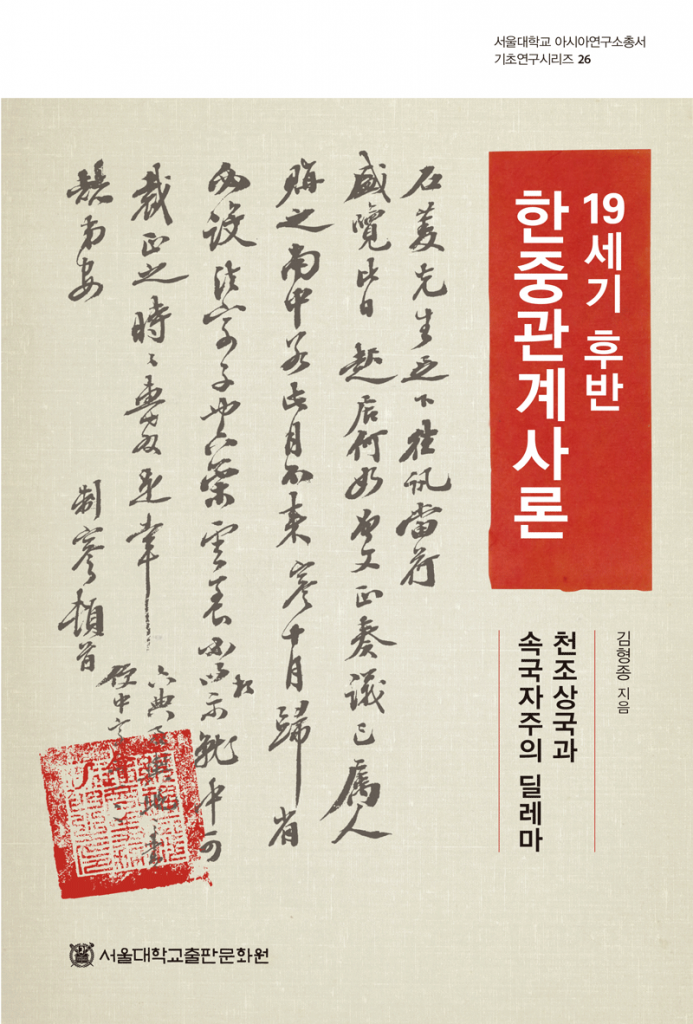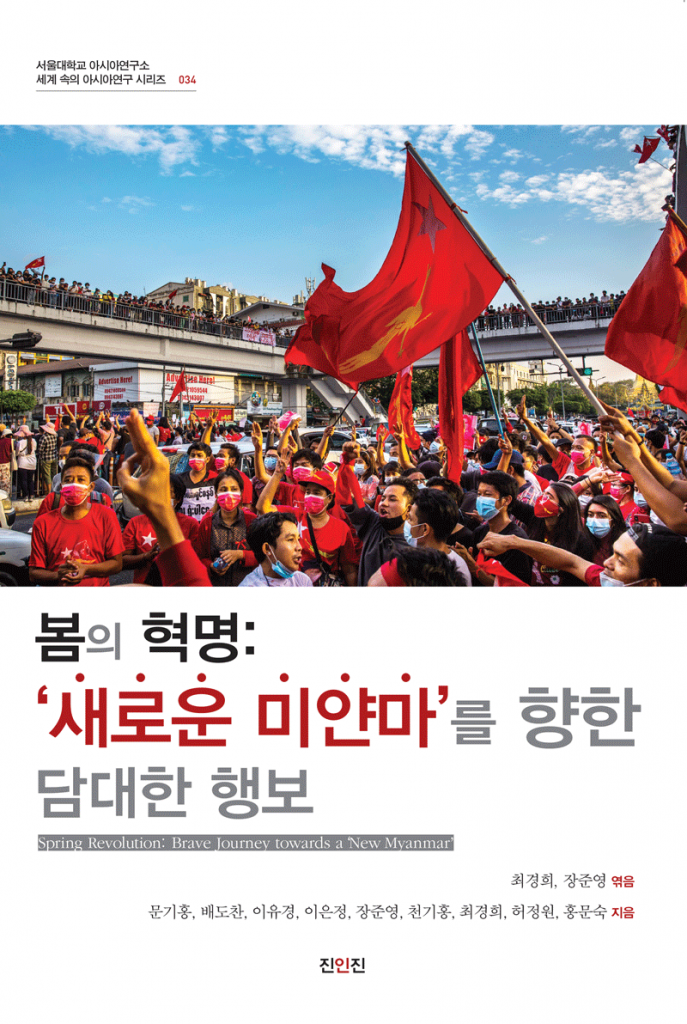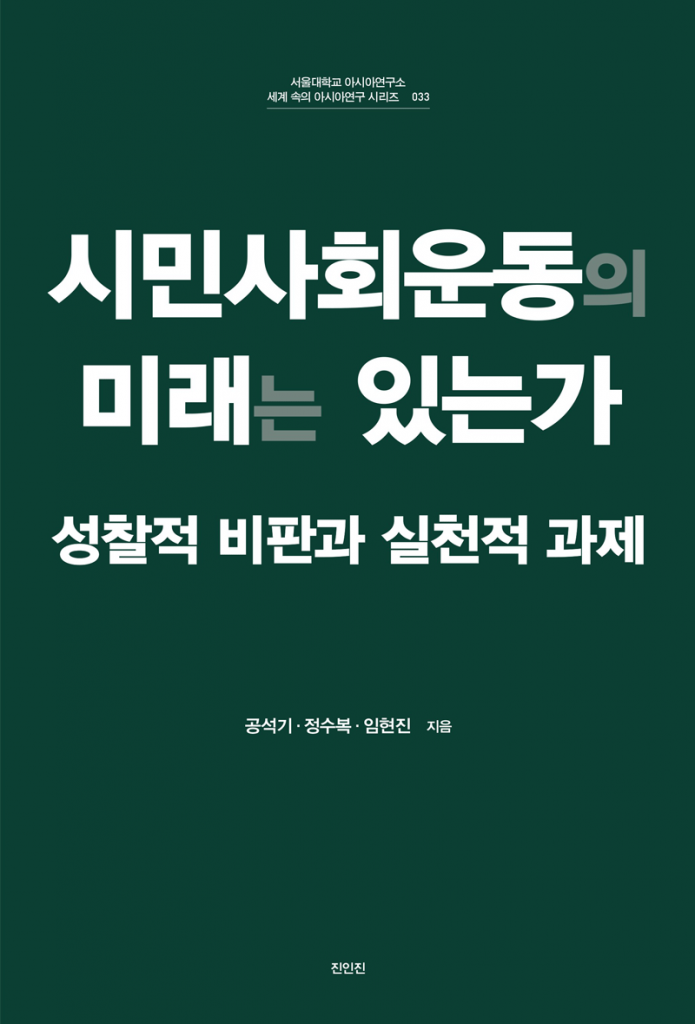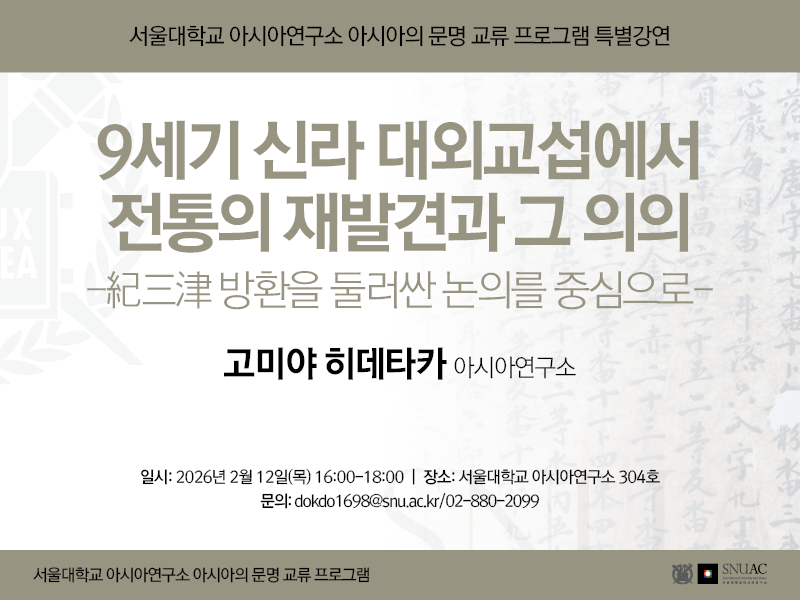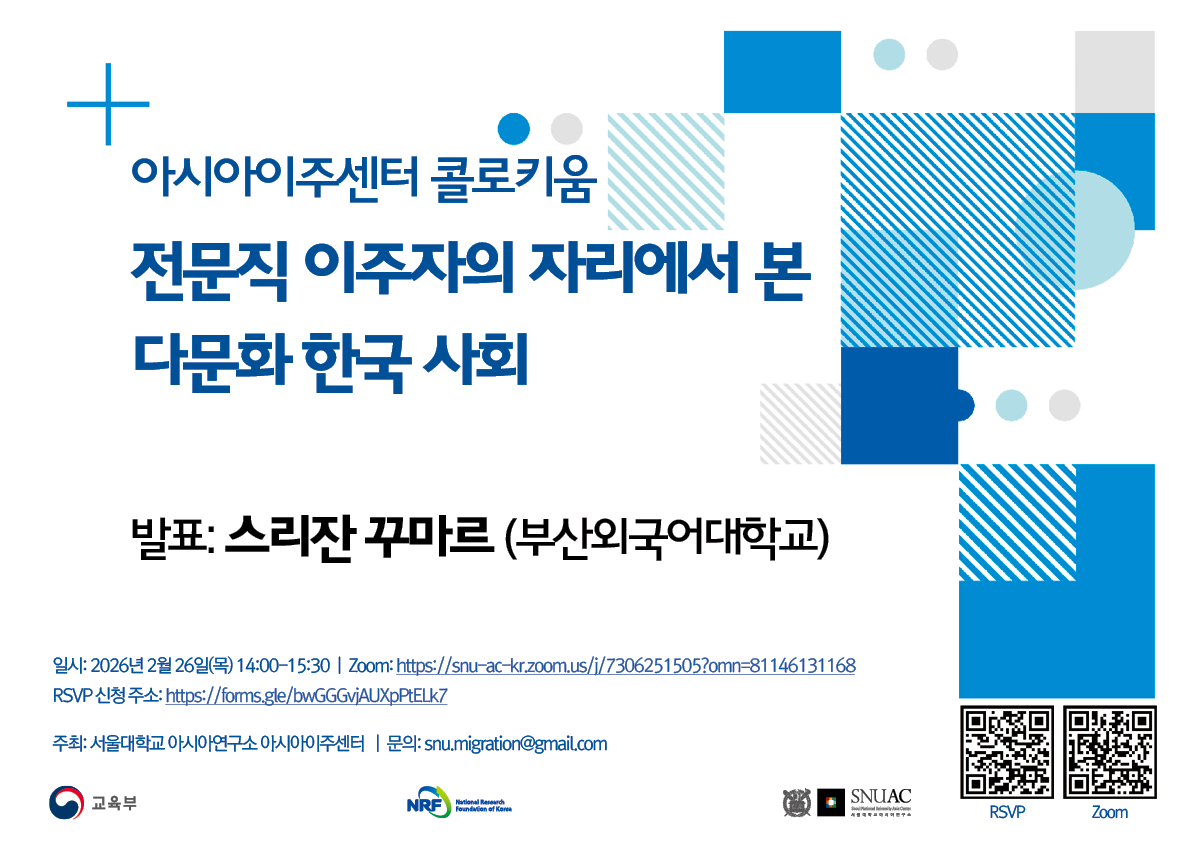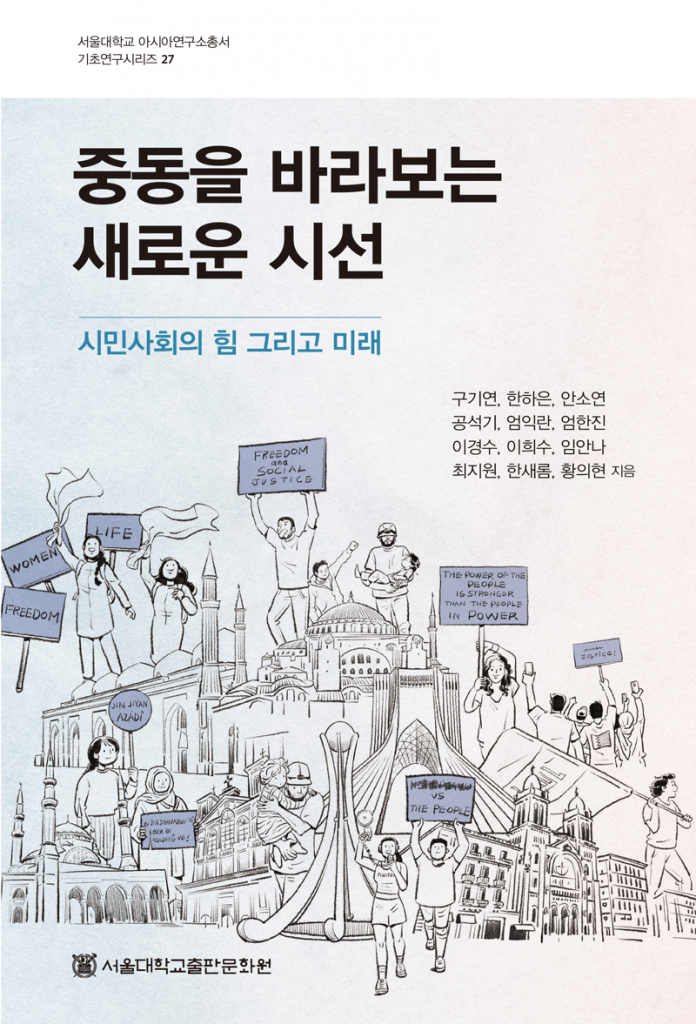
중동을 바라보는 새로운 시선
중동 지역에 시민사회란 존재하는가? 최근 중동·북아프리카 지역에서는 아랍의 봄 이후 민주화의 기대가 무너지고, 다시 권위주의 체제로 회귀하는 사례들이 증가하고 있다. 대표적으로 튀르키예에서는 레제프 타이이프 에르도안(Recep Tayyip Erdoğan) 대통령이 2003년 집권 이래 장기 집권의 길을 본격화하며 권위주의적 통치를 강화하고 있다. 이집트와 튀니지 역시 아랍의 봄을 통해 독재 정권을 축출한 후 민주주의로 전환에 실패하며 권위주의로 회귀하고 있다. 이집트에서는 압둘 팟타흐 엘시시(Abdul Fattah el-Sisi) 대통령이 2013년 군부 쿠데타로 집권한 이후 장기 집권 체제를 구축하며 시민사회의 활동을 억압하고 있다.
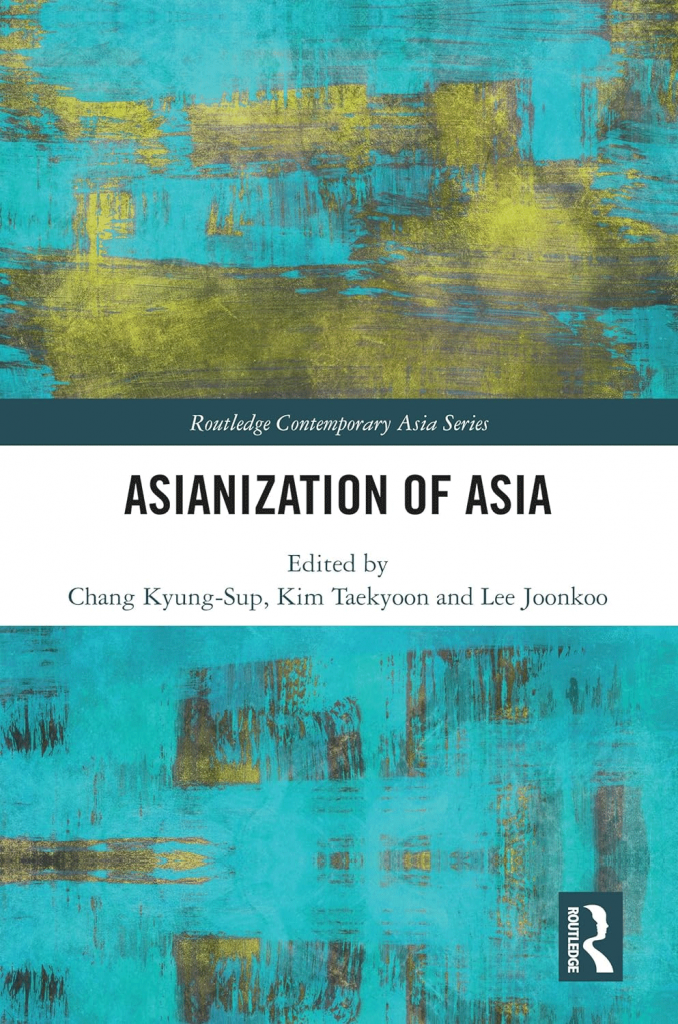
Asianization of Asia (Routledge Contemporary Asia Series)
This book explores the Asianization of contemporary Asia, a trend that through neoliberal economic globalism has diluted the political effect of the EuroAmerican-dictated segmentation of Asia and instead facilitated and accelerated socioeconomic exchanges and collaborations among Asian nations themselves.
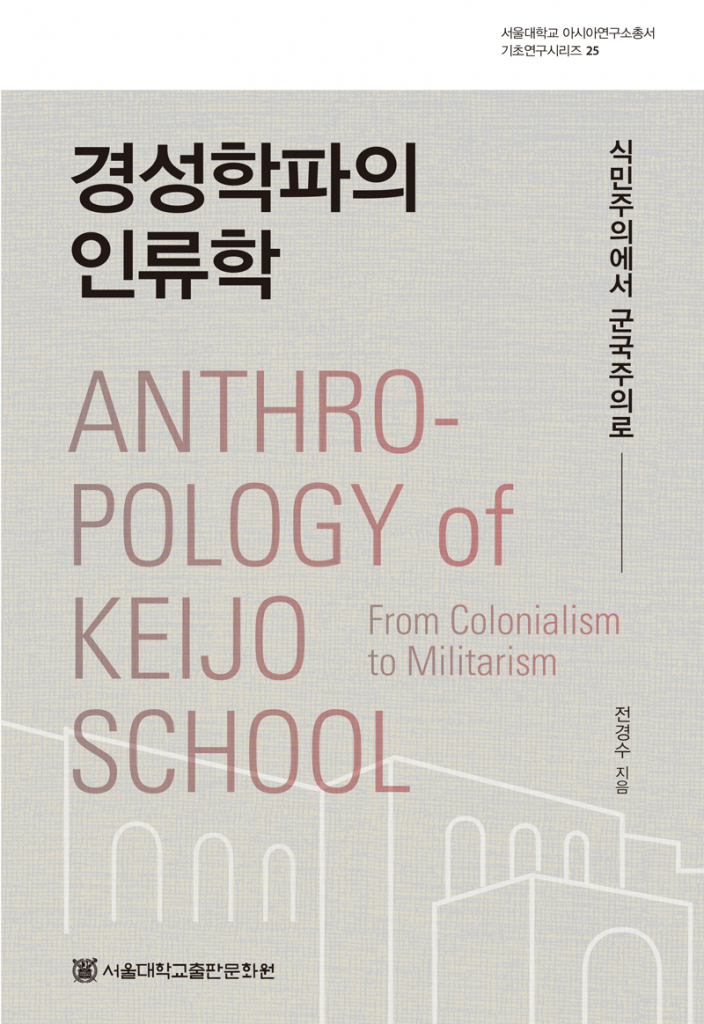
경성학파의 인류학-식민주의에서 군국주의로
이 책은 제국 일본의 식민지 정책이 실시되었던 조선에서 문화통치 기구의 하나로 자리매김했던 경성제국대학을 다룬다. 고등교육기관의 교육 제도 차원에서 식민지대학을 연구하려는 것이 아니고, 대학 차원에서 실시되었던 학술 사업과 소속원들에 의해서 실천되었던 학술 업적 중 특히 인류학 분야에 한정해 논의하는 것이 이 책의 일반 목적이다. 그리고 경성제국대학이 존치했던 1926년부터 1945년 사이에 대학 차원에서 또는 소속원들에 의해서 이루어졌던 인류학적 작업들을 망라해 정리하고 분석하는 것이 이 책의 구체적 목적이다.
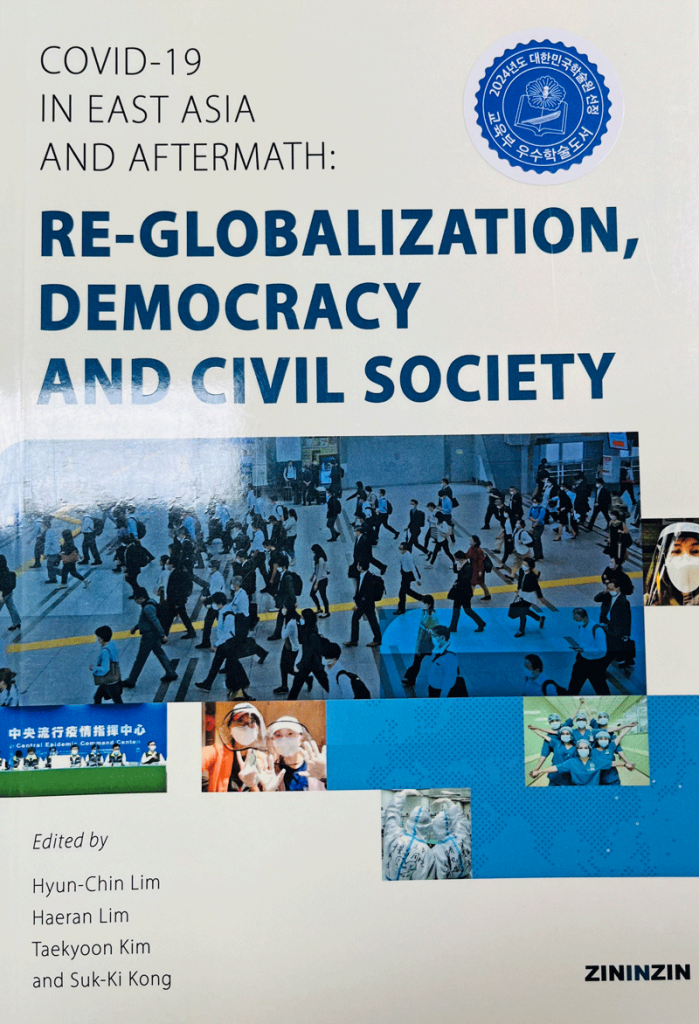
COVID-19 in East Asia and Aftermath- Re-globalization, Democracy and Civil Society
The book project on COVID-19 in East Asia was initiated by the SNUAC Civil Society Program in March 2020, led by Hyun-Chin Lim, the founding director of SNUAC. The project aimed to explore and compare the responses of East Asian countries, including South Korea, China, Japan, Taiwan, and Vietnam, to the COVID-19 pandemic.

